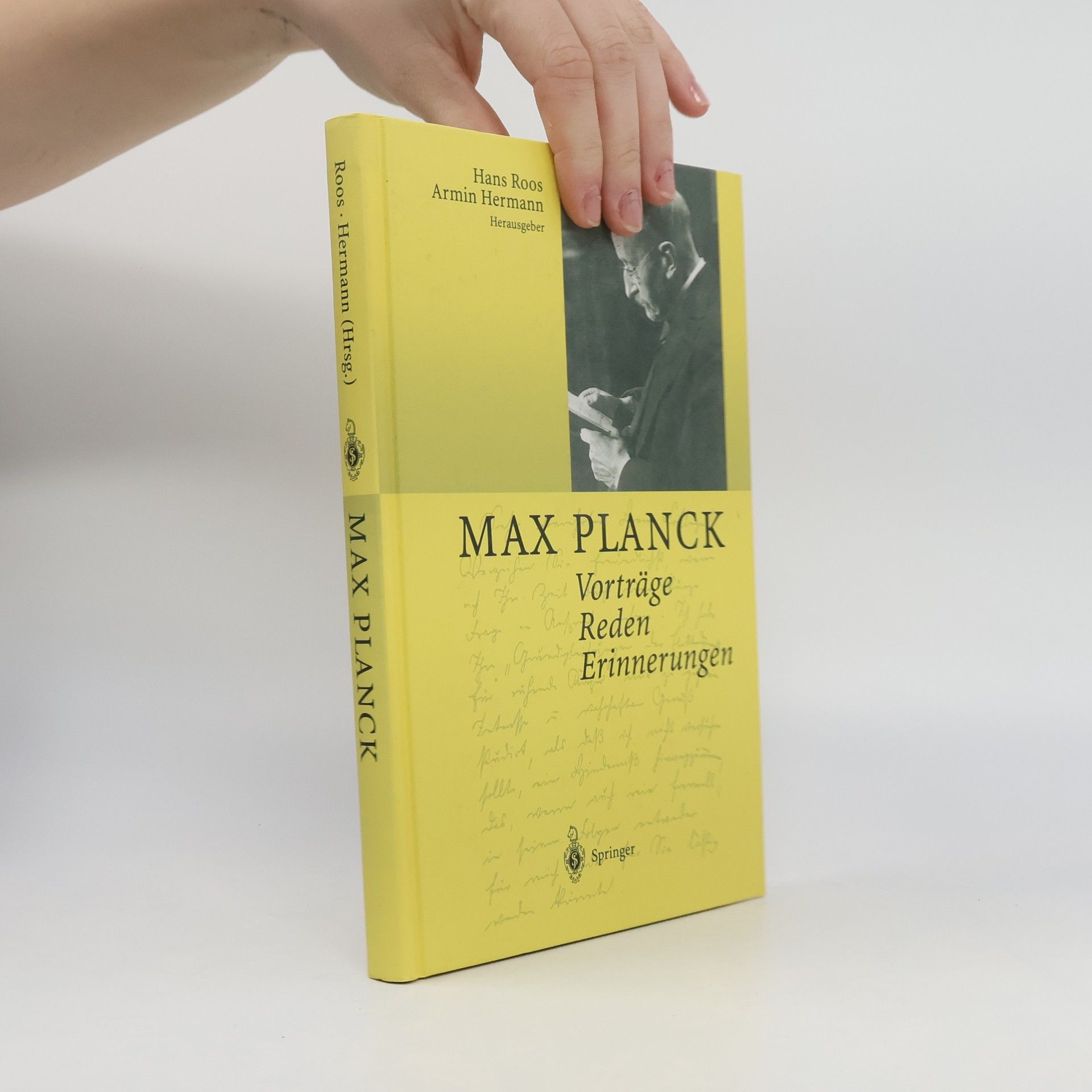The Universe in the Light of Modern Physics
- 154 páginas
- 6 horas de lectura
This volume includes new publications of Max Planck's book "The Universe in the Light of Modern Physics" and four papers: "Phantom Problems in Science," "The Meaning and Limits of Exact Science," "The Concept of Causality in Physics" and "Religion and Natural Science." As it had been Planck's intention that his books and "essays should reach a wider circle of readers," this volume should be of interest to physicists, philosophers of science, students and all interested in the foundations and philosophy of physics.




